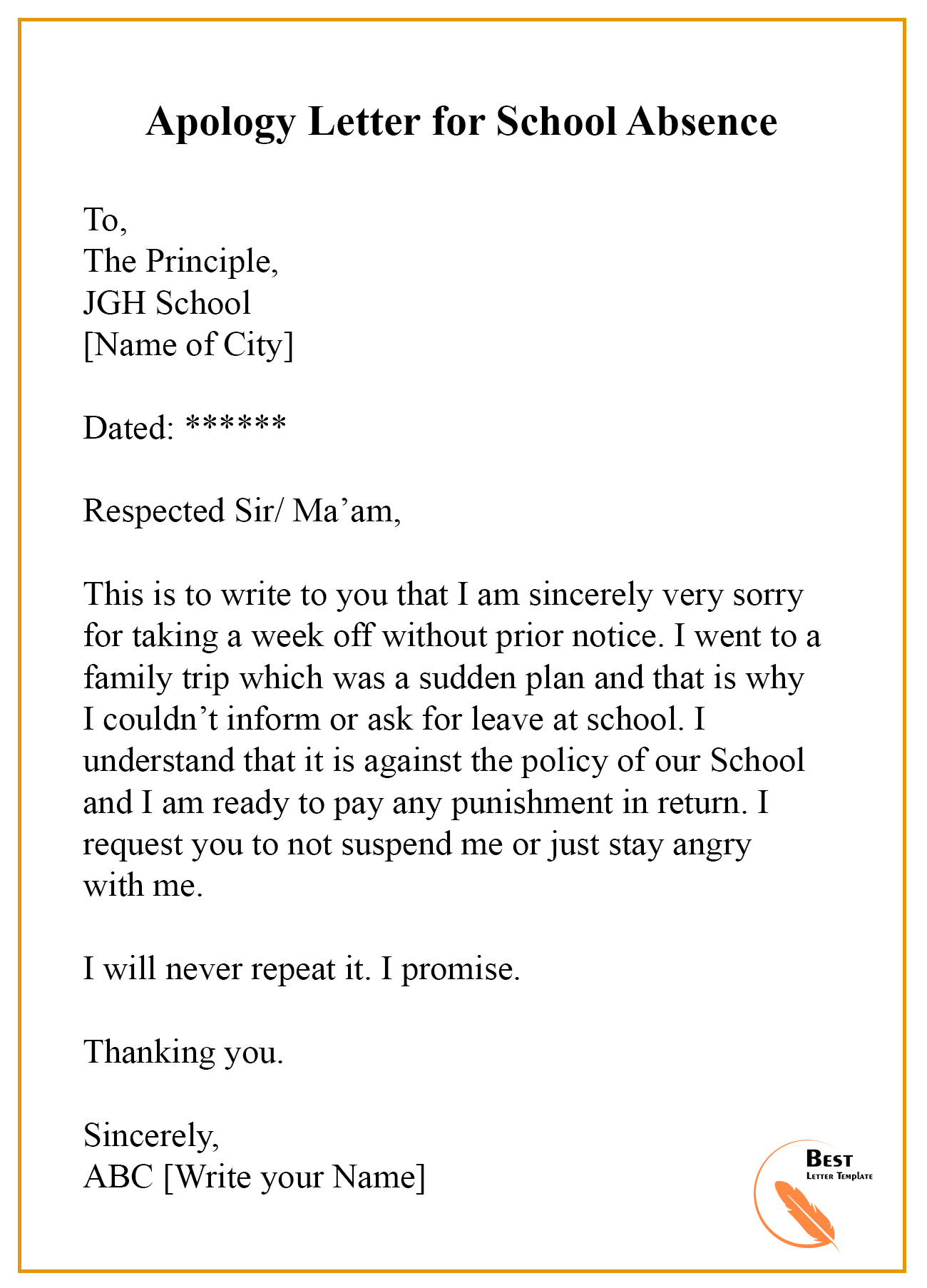Negotiating Your Way To A Better Job Offer: Even After A 'Best And Final'

Table of Contents
Understanding the "Best and Final" Bluff
The phrase "best and final offer" is often a negotiating tactic, not a statement of fact. Employers might use this phrase for several reasons:
- To save time and resources: Negotiations can be time-consuming, and employers may try to expedite the process.
- To test your commitment: They want to see how much you want the job and if you're willing to walk away.
- To gauge your willingness to negotiate: This helps them understand your bottom line and your negotiating style.
However, the employer may be bluffing. For example, if the company is desperate to fill the position quickly, or if your skills and experience are in high demand, they may be more willing to renegotiate than their initial statement suggests. Their "best and final" might simply be a starting point for further discussion.
Strategies for Effective Negotiation After a 'Best and Final' Offer
Even after receiving a "best and final" offer, there are several effective strategies you can employ to improve your compensation and benefits package.
Reiterate Your Value
Focus on showcasing your skills and experience, quantifying your accomplishments whenever possible. Highlight how you exceed expectations and bring unique value to the role.
- Prepare a list of your key achievements with quantifiable results. Instead of saying "increased efficiency," say "increased efficiency by 15% resulting in $X cost savings."
- Highlight any unique skills or experience that make you a valuable asset. Mention any specialized software proficiency, industry knowledge, or leadership experience.
- Prepare to discuss your market value using salary data from reputable sources. Websites like Glassdoor, Salary.com, and Payscale can provide valuable insights into industry salary ranges for similar roles and experience levels. This data strengthens your negotiation position.
Focus on the Total Compensation Package
Don't limit your negotiation to salary alone. Consider the entire compensation package and look for areas where you can improve the overall deal.
- Negotiate vacation time: Ask for additional vacation days or paid time off.
- Discuss signing bonus possibilities: A signing bonus can be a significant addition to your overall compensation.
- Negotiate professional development opportunities (conferences, training): Investing in your professional growth demonstrates the employer's commitment to your long-term success.
- Explore flexible work arrangements (remote work, flexible hours): This can significantly improve your work-life balance and increase job satisfaction.
Employing Strategic Silence and Thoughtful Responses
Don't rush into a decision. Taking time to carefully consider their offer demonstrates your seriousness and value.
- Express gratitude for the offer: Acknowledge their offer professionally and politely.
- Ask for time to consider all aspects of the package: This allows you to thoughtfully assess the entire compensation package and formulate a counter-offer.
- Use strategic silence to give the impression you’re carefully considering other options. This can put pressure on the employer to sweeten the deal.
Presenting a Counter-Offer with Confidence
Prepare a well-reasoned counter-offer that justifies your requests based on your skills, experience, and market research.
- Be polite but assertive: Clearly and confidently express your desired changes to the compensation package.
- Clearly state your desired changes to the compensation package: Be specific about the adjustments you're requesting.
- Be prepared to compromise: Negotiation is a give-and-take process. Be willing to compromise on some points to achieve your overall goals.
- Have a walk-away point: Know your bottom line and be prepared to walk away if your conditions aren't met.
Knowing When to Walk Away
Knowing your worth and establishing clear boundaries is crucial. Accepting an unsatisfactory offer can have significant long-term consequences.
- Compromising on essential aspects can lead to future dissatisfaction: Accepting a low salary or inadequate benefits can create long-term resentment.
- Accepting a low offer can set a precedent for future salary negotiations: This can negatively impact your earning potential in the future.
- Consider the long-term career implications of your decision: A better offer might present more growth opportunities and a more fulfilling career path.
Conclusion
Successfully negotiating a better job offer, even after a "best and final" offer, involves understanding the employer's tactics, reiterating your value, focusing on the total compensation package, and presenting a confident counter-offer. Remember the importance of knowing your worth and preparing a strong case. Don't let a seemingly final offer discourage you. Armed with the right strategies, you can confidently negotiate a better job offer that truly reflects your skills and experience. Start planning your approach today and secure the compensation you deserve!

Featured Posts
-
 Pochti 40 Svadeb Na Kharkovschine Samaya Populyarnaya Data Brakosochetaniy Foto
May 24, 2025
Pochti 40 Svadeb Na Kharkovschine Samaya Populyarnaya Data Brakosochetaniy Foto
May 24, 2025 -
 Yevrobachennya Doli Peremozhtsiv Ostannogo Desyatilittya
May 24, 2025
Yevrobachennya Doli Peremozhtsiv Ostannogo Desyatilittya
May 24, 2025 -
 10 Let Pobediteley Evrovideniya Tvorcheskaya Zhizn Posle Pobedy
May 24, 2025
10 Let Pobediteley Evrovideniya Tvorcheskaya Zhizn Posle Pobedy
May 24, 2025 -
 Cybercriminals Office365 Scheme Nets Millions Say Authorities
May 24, 2025
Cybercriminals Office365 Scheme Nets Millions Say Authorities
May 24, 2025 -
 Sergey Yurskiy Vecher Pamyati V Teatre Mossoveta
May 24, 2025
Sergey Yurskiy Vecher Pamyati V Teatre Mossoveta
May 24, 2025
Latest Posts
-
 Bianca Andreescu Cruises Past Elena Rybakina At Italian Open
May 24, 2025
Bianca Andreescu Cruises Past Elena Rybakina At Italian Open
May 24, 2025 -
 Italian Open Andreescu Advances To Fourth Round With Rybakina Win
May 24, 2025
Italian Open Andreescu Advances To Fourth Round With Rybakina Win
May 24, 2025 -
 Co Hosts Of Today Show Address Long Term Anchor Absence
May 24, 2025
Co Hosts Of Today Show Address Long Term Anchor Absence
May 24, 2025 -
 Concerned Co Hosts Address Popular Today Show Anchors Absence
May 24, 2025
Concerned Co Hosts Address Popular Today Show Anchors Absence
May 24, 2025 -
 Today Show Anchors Absence A Message From Her Co Hosts
May 24, 2025
Today Show Anchors Absence A Message From Her Co Hosts
May 24, 2025
